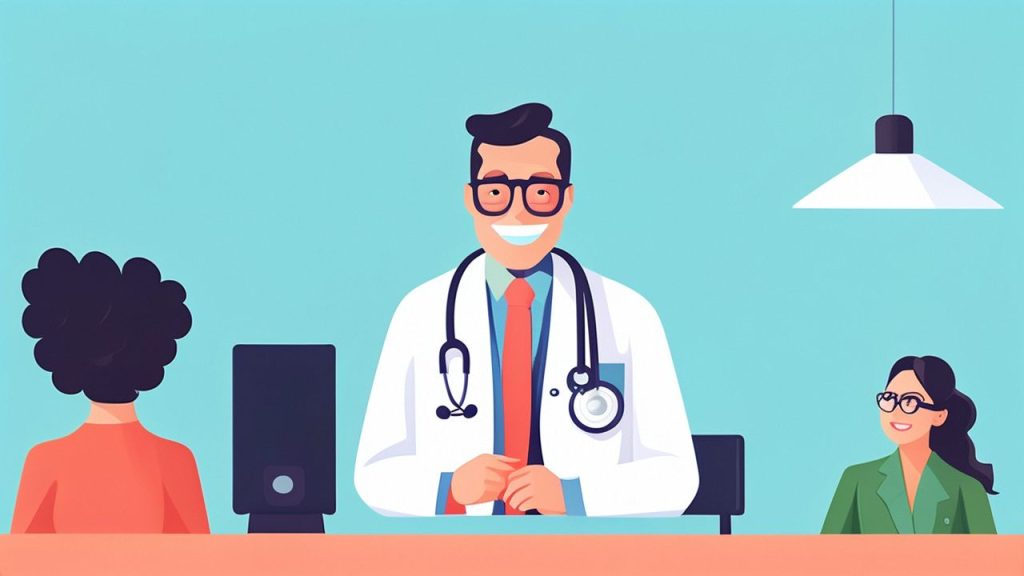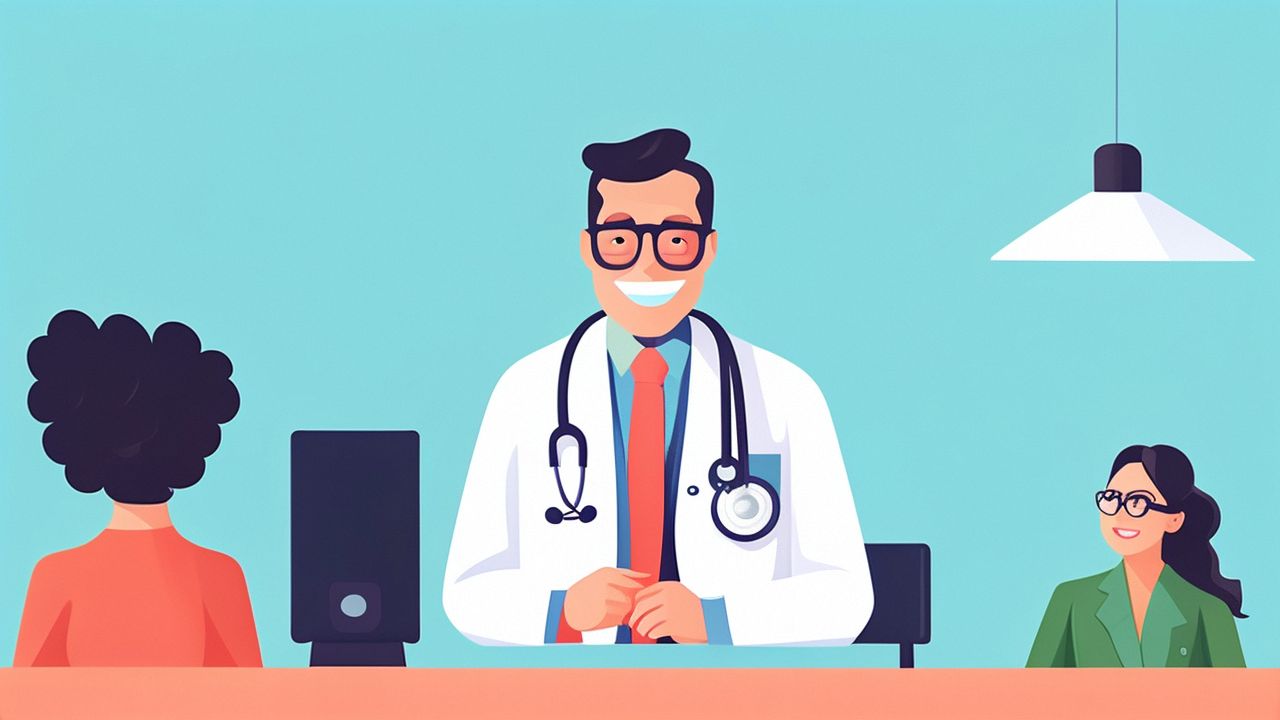Adverse reactions of lipid-lowering drugs
Adverse reactions of lipid-lowering drugs
- Liver and kidney function impairment: Occasionally, liver and kidney function may be affected, leading to elevated serum transaminases and alkaline phosphatase activity. In severe cases, cholestatic jaundice may occur. Discontinue the medication promptly if these reactions occur, as they are reversible upon discontinuation.
- Gastrointestinal symptoms: Common symptoms include loss of appetite, nausea, and gastric discomfort. These symptoms are usually transient and do not require discontinuation of the medication. Taking the medication after meals, consuming less vegetable broth during meals, and reducing water intake while taking the medication can alleviate these adverse reactions.
- Vitamin deficiency: Adequate supplementation of vitamins A, D, K, calcium, and folic acid may be necessary.
- Cataracts: Regular ophthalmic examinations should be conducted, and if significant abnormalities are detected, dosage reduction or discontinuation of the medication should be considered.
- Potentiation of anticoagulant effects: When concurrently using anticoagulant drugs such as warfarin, the dosage of the anticoagulant should be reduced by approximately 30%.
- Orthostatic hypotension: Blood pressure should be monitored, and the dosage of antihypertensive drugs should be adjusted when taking lipid-lowering drugs.
- Blood glucose abnormalities: In patients with hyperlipidemia and concomitant diabetes, careful adjustment of the dosage of antidiabetic medications is necessary.
- Taste disturbance and constipation: Taste disturbances can be corrected with flavor enhancers, and increasing dietary fiber intake can alleviate constipation.
- Muscle weakness and myalgia: For patients with unexplained diffuse myalgia, muscle tenderness, muscle weakness, or creatine kinase levels exceeding 10 times the upper limit of normal, the possibility of myopathy should be considered, and monitoring of muscle enzymes should be conducted. Discontinue the medication promptly if necessary.
- Facial flushing and skin itching: Most of these reactions gradually diminish or disappear after a few days of medication.
- Women and children: Lipid-lowering drugs should be avoided in pregnant women, breastfeeding women, women of childbearing potential, and children.
Please note that this is only a brief description of the treatment of adverse reactions of lipid-lowering drugs and does not constitute medical advice. If you have any questions or need further understanding, please consult your doctor or professional medical institution.

Choosing the right cholesterol-lowering medication
Choosing the right cholesterol-lowering medication for someone with Hyperlipidemia can be a complex process. Here are some key points to consider:
- Consult with a Healthcare Provider: The first step is to consult with a healthcare provider, such as a doctor or a cardiologist. They will assess your specific condition, including your cholesterol levels, overall health, and any other medical conditions you may have.
- Understand the Types of Medications: There are several types of cholesterol-lowering medications, including statins, fibrates, bile acid sequestrants, cholesterol absorption inhibitors, and PCSK9 inhibitors. Each type works differently and may have different side effects and interactions with other medications.
- Consider the Severity of High Cholesterol: The severity of your high cholesterol will influence the choice of medication. For example, statins are often the first choice for most people because they are effective and have been widely studied.
- Assess Risk Factors: Your healthcare provider will consider your risk factors for cardiovascular disease, such as age, family history, smoking status, and blood pressure. This will help determine the intensity of the treatment needed.
- Discuss Side Effects and Tolerability: Different medications can have different side effects. It’s important to discuss these with your healthcare provider and to choose a medication that you can tolerate well.
- Monitor and Adjust Treatment: Once on a medication, it’s important to monitor your cholesterol levels and overall health. Your healthcare provider may adjust your medication based on the results of these checks.
- Lifestyle Changes: Medication is often part of a comprehensive treatment plan that includes lifestyle changes, such as a healthy diet, regular exercise, and weight management. These changes can enhance the effectiveness of the medication and improve overall health.
Remember, the goal of treatment is to lower your cholesterol to a healthy level and reduce your risk of cardiovascular disease. The right medication for you will depend on your individual circumstances and should be determined in consultation with a healthcare professional.




